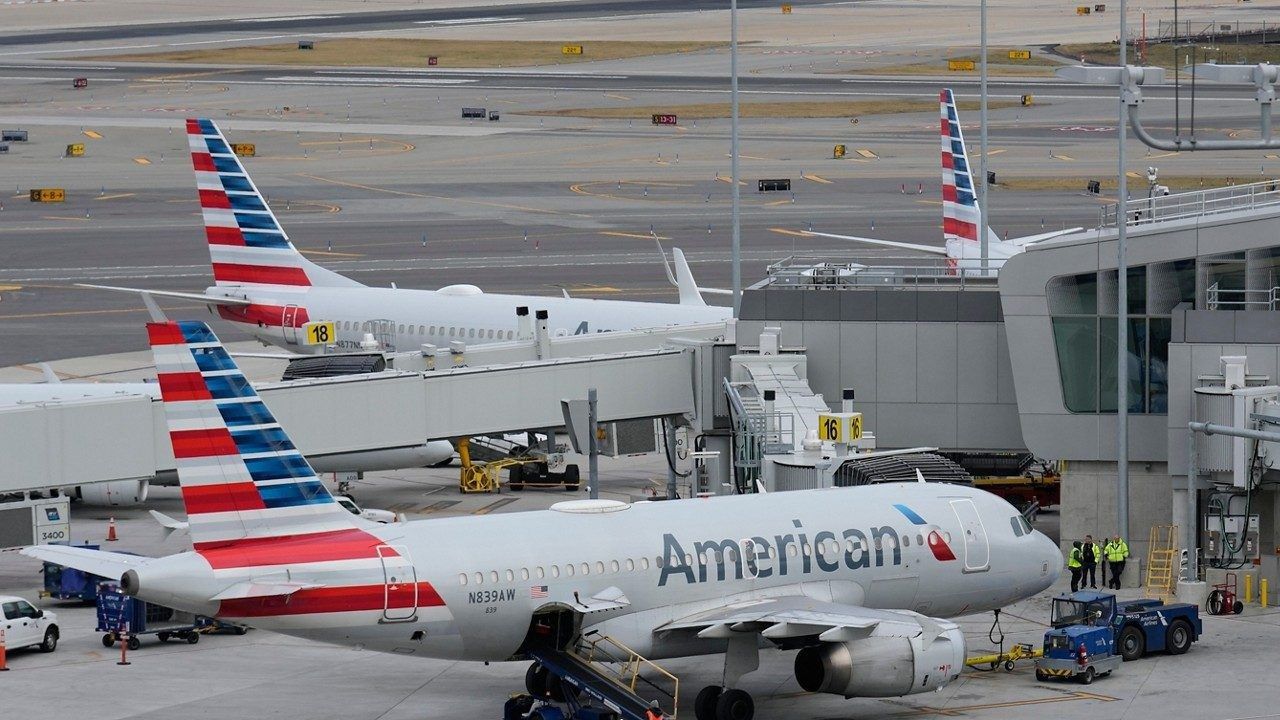Congressional negotiators have agreed on a $105 billion bill designed to improve the safety of air travel after a series of close calls between planes at the nation's airports.
House and Senate lawmakers said Monday that the bill will increase the number of air traffic controllers and require the Federal Aviation Administration to use new technology designed to prevent collisions between planes on the ground. They agreed to prohibit airlines from charging extra for families to sit together but left out other consumer protections proposed by the Biden administration.
The bill was negotiated by Republicans and Democrats who lead the House and Senate committees overseeing the FAA, which has been under scrutiny since it approved Boeing jets that were quickly involved in two deadly crashes in 2018 and 2019. It will govern FAA operations for the next five years.
“By getting a five-year reauthorization agreement for both FAA and NTSB, Congress is showing that aviation safety and stronger consumer standards are a big priority,” Washington Sen. Maria Cantwell, chair of the Senate Commerce Committee, said in a statement. “More FAA safety inspectors, mandates on near miss technology and 25-hour cockpit voice recorders, and FAA upgrades to its systems ensure the gold standard in safety. It is also the first major upgrade to air traffic controller hiring in decades. Plus, it sets into law for the first time the right to a refund when flights have been cancelled or delayed more than three hours.”
The Senate is expected to vote on the 1,069-page measure this week.
The House approved its version of the bill last year, but a Senate committee approved a different version in February after fights over several provisions including ones dealing with pilot training and retirement age.
In the end, negotiators dropped a House provision raising the mandatory retirement age for airline pilots to 67; it will remain at 65.



